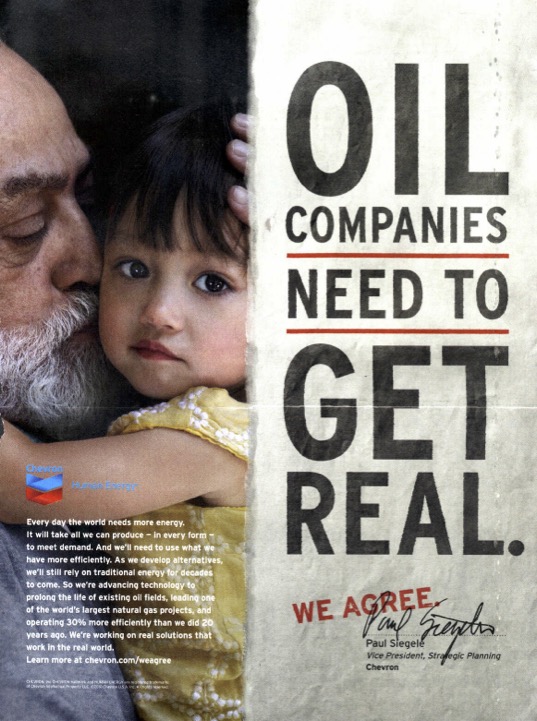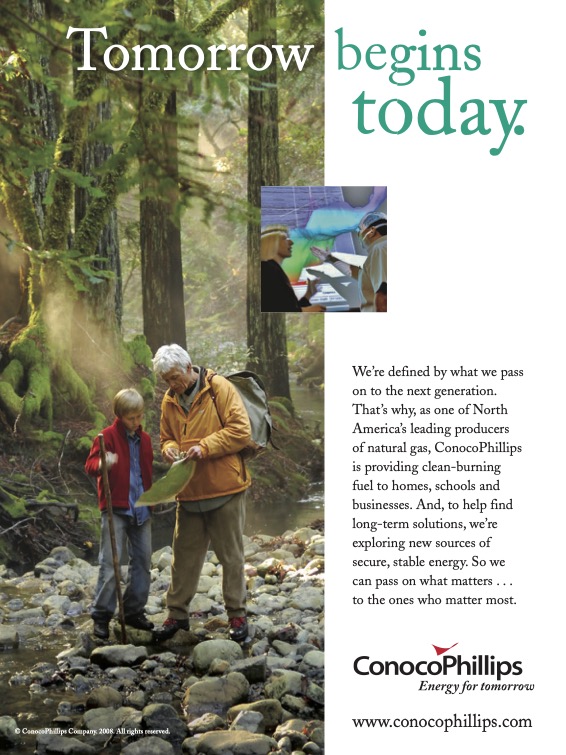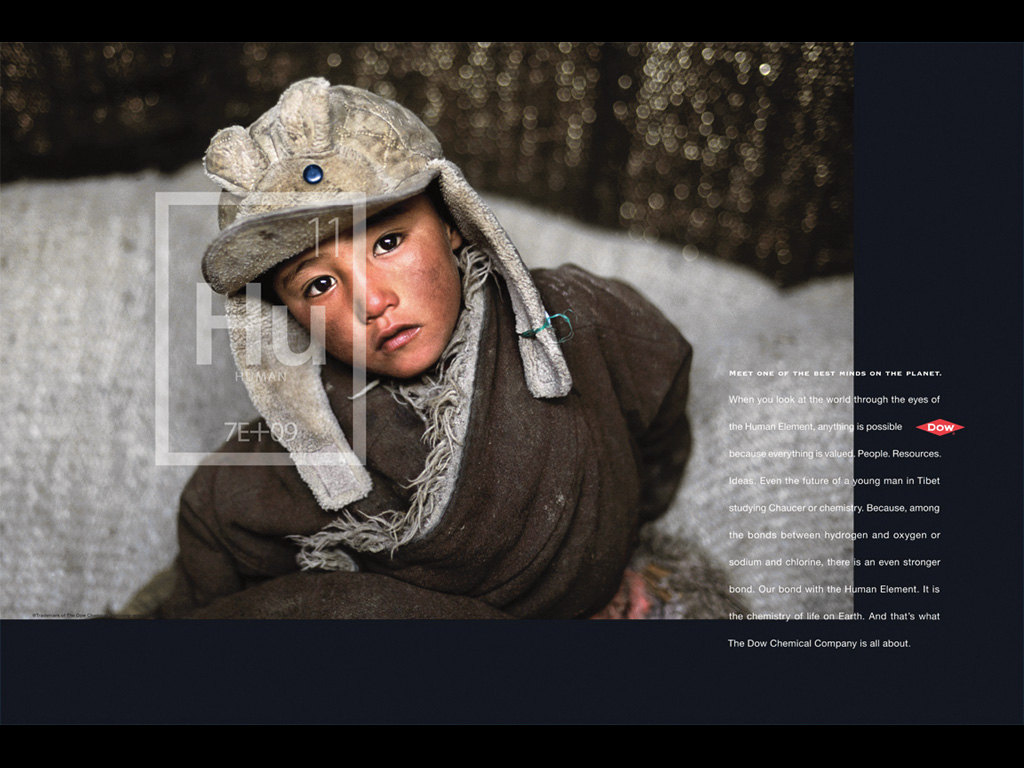Marketing Case File (Marketing)
The Fall

The CASE FILE series — to which SEMIOVOX has invited our semiotician colleagues from around the world to contribute — shares memorable case studies via story telling.
Over 15 years ago, I was asked to contribute my POV regarding key codes and narratives for the energy category, with an eye to understanding emergent codes. Being a bit new to commercial semiotics, I was intrigued but also leery. I was coming from a place where clients often wanted to hear only positive news about their brands/categories, but I had recently absorbed the very good advice from colleagues that “Clients deserve the truth at all costs.” While this is the intent at the beginning of a project, it can be pushed aside by unfounded optimism and groupthink near the end.
I set to work, reviewing brand communications for the category competitive set.
The residual/foundational codes of the category proposed that technological development brings progress, innovation takes us to a perfect future — this is the place of utter FAITH — science will lead the way. Key to this idea is that institutions using science for progress and the people that work for them are beholden to “us” (the people, society) — there is an implicit contract. This discourse was supported by codes that articulated the race to an idealized but nonspecific future, technological performance, perfection and magicality, and purity in the form of scientific clarity, free from human errors and foibles.

Dominant codes in the category posited a time of KNOWLEDGE — a refinement and re-articulation of the role and capabilities of technological development within a more natural context… faith in science as tempered, qualified by the natural. True technological progress reconfigured using a natural prototype, forming a new utopia in which, by following nature’s lead, technology is in harmony with nature and society, a biophilic technotopia. Advanced technology and innovation, the root of energy progress, is also reliant on implicit inversions, like that we might find in nature — by “seeing differently” (i.e. with our natural goggles on), what was once considered bad or scary [algae, hydrogen] is now good and useful to the cause of energy progress.
Emergent narratives in this category, finally, embodied DISILLUSIONMENT with this dominant vision. Science had not been wielded for the good of humanity, institutions held in the social trust failed to uphold past ideals of progress, and there was a call for a new world order. Codes with a sense of urgency emerged — the sense of performance as collective, democratized collaboration, and purity embodying not just physical clean, but also transparency, honesty, forthrightness, values, judgement and moral culpability.
I realized that this was a master narrative of pre-and-post lapsarian worlds, a world of faith, knowledge, revision of faith, and disappointment and questioning of faith. It was a retelling of the story of The Fall, and the coming into being of community and society.
Brands played specific roles within this master narrative. Residual and dominant codes were supported by the world of the global paternal/father, highlighted by the focus on protection and performance, key masculine codes; there was the benign benefactor, the other side of this paternalism, the explorer/discoverer, making way in the new world of wonders, and the God/mastermind/individual genius who made sense of this world.
In contrast, the emergent narrative was supported by a more agitator/comrade brand role, one that strove to answer the question of how people fit into this scheme, how being able to see through the truth of things will reset the social contract and put us back on the path to true progress.
There was obviously an opportunity to leverage emergent codes, something that couldn’t be done without firmly committing to a greater consumer dialogue and collaboration. I was excited about this, and the thought that there are things that happen after any Fall:
- Reflection/examination/interrogation
- Knowledge sharing
- Rebirth
- Restoration
- Reconstruction
- Reestablishment
- (Re)discovery
There is also a potential return to faith — the vital ingredient to making things happen. And (I perhaps naively believed) faith in the emergent world of committed social responsibility and responsiveness would be a powerful category stimulant.

This was after Dow’s Human Element campaign launched and I felt that perhaps the tone of this campaign would be effective in the energy space, particularly if backed up by substantial regard for the emergent ethos of humanism, honesty, fairness, and transparency.
I wrote up and diligently submitted my notes. Crickets. Perhaps polite forbearance and then getting on with the real work. Probably a note to my manager to never send me back.
I kept my notes, though, because I felt then as I do now that this sense of The Fall feels relevant and resonant across categories. It’s a primary narrative in Western culture and has a way of playing out across our consumer ecosystem repeatedly.
I’m also writing about this because it very much feels at play right now in the American political landscape (and perhaps even further afield). To those who are feeling this, I ask you to reread a couple of paragraphs above, think again, and remember what can happen after The Fall.
CASE FILE: Sónia Marques (Portugal) on BIRTHDAY CAKE | Malcolm Evans (Wales) on PET FOOD | Charles Leech (Canada) on HAGIOGRAPHY | Becks Collins (England) on LUXURY WATER | Alfredo Troncoso (Mexico) on LESS IS MORE | Stefania Gogna (Italy) on POST-ANGEL | Mariane Cara (Brazil) on MOTHER-PACKS | Whitney Dunlap-Fowler (USA) on WHERE THE BOYS ARE | Antje Weißenborn (Germany) on KITSCH | Chirag Mediratta (India) on “I WATCH, THEREFORE I AM” | Eugene Gorny (Thailand) on UNDEAD LUXURY | Adelina Vaca (Mexico) on CUBAN WAYS OF SEEING | Lucia Laurent-Neva (England) on DOLPHIN SQUARE | William Liu (China) on SCENT FANTASY | Clio Meurer (Brazil) on CHOCOLATE IDEOLOGY | Samuel Grange (France) on SWAZILAND CONDOMS | Serdar Paktin (Turkey/England) on KÜTUR KÜTUR | Ximena Tobi (Argentina) on SLUM PANDEMIC | Maciej Biedziński (Poland) on YOUTH LEISURE | Josh Glenn (USA) on THE AMERICAN SPIRIT | Martha Arango (Sweden) on M | Chris Arning (England) on X | Peter Glassen (Sweden) on WHEN SHABBY ISN’T CHIC | Joël Lim Du Bois (Malaysia) on RECONSTRUCTION SET | Ramona Lyons (USA) on THE FALL.
Also see these international semio series: COVID CODES | SEMIO OBJECTS | MAKING SENSE | COLOR CODEX | DECODER | CASE FILE

